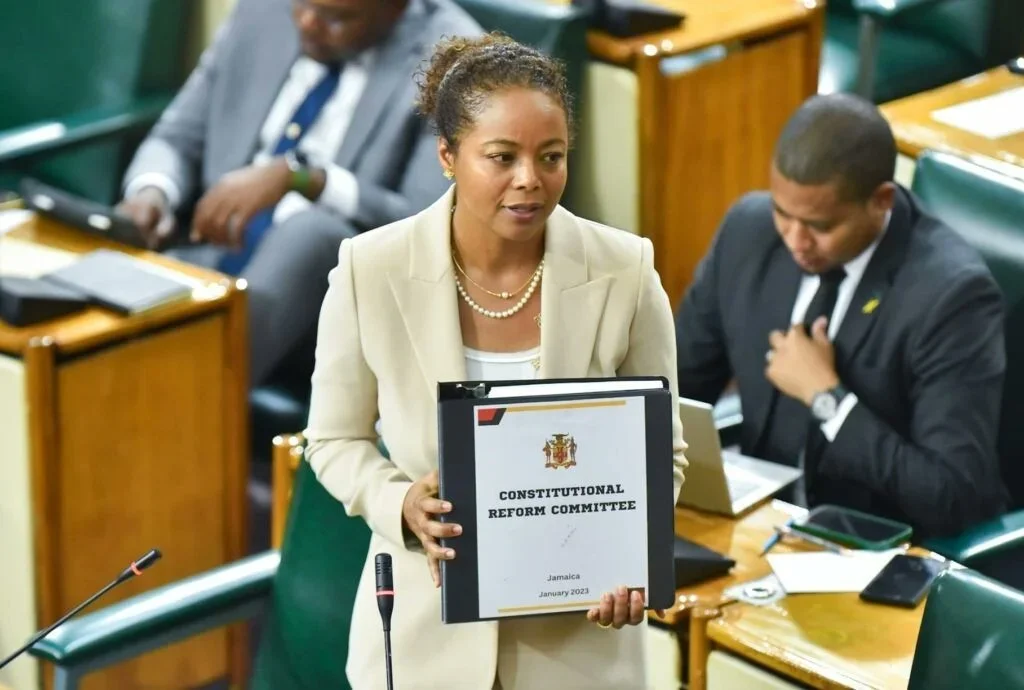The recent guest post on Kiwiblog argues that China’s actions in the Pacific reinforce the need for New Zealand to remain a constitutional monarchy to ensure defence support from the UK and its allies. While security concerns in our region are real, linking them to the monarchy oversimplifies how modern defence relationships work.
Belize drops British monarchs from its money
The central bank of Belize has announced new bank notes, removing the British monarchy from the country’s money. Belize is one of the remaining "realms” where the British monarch reigns.
New banknotes for Belize, prominently displaying national heroes of Belize.
It’s time that New Zealand did the same. Sign the Actionstation petition here.
New Zealand Republic's submission on the Treaty Principles Bill
New Zealand Republc’s submission on the Treaty Principles Bill is below. This was a collective effort of the executive of the incorporated society:
1. This is the submission of New Zealand Republic Inc - Kia Mana Motuhake a Aotearoa - on the Principles of the Treaty of Waitangi Bill.
2. This proposed legislation is relevant to our goals as an incorporated society because the issue of the Treaty of Waitangi is central to New Zealand’s ability to become achieve republic status.
3. New Zealand Republic’s policy regarding the Treaty is:
The Treaty of Waitangi - Te Tiriti o Waitangi is New Zealand’s founding document. A New Zealand citizen as head of state will not change this or the relationship between Māori and the Government.
Our campaign for a republic supports:
· Recognising the Treaty of Waitangi - Te Tiriti of Waitangi as New Zealand’s founding document; and
· In legislation establishing the republic, a specific Treaty clause re-stating the Māori-Kawangatanga (i.e. the New Zealand Government) relationship and preserving that relationship;
4. The Treaty is often described as being between “Her late Majesty Queen Victoria and the Maori people of New Zealand”. However, while it is in the name of Queen Victoria it was in reality between the government of Great Britain and Iwi.
5. It should be noted that Queen Victoria was 20 years old in 1840. She was not responsible for the Treaty and was acting under the direction of Whig Party Cabinet Ministers, Prime Minister William Lamb, 2nd Viscount Melbourne and the Secretary for War and the Colonies, Henry Temple, 3rd Viscount Palmerston. Commonly known as Lord Melbourne and Lord Palmerston.
6. In 1840, the Monarch was a figurehead whose name was affixed to the Treaty as standard legal language.
7. We do not need any links to the British Monarchy and British Crown to make sense of the Treaty. The British Monarchy stood by and did nothing to protect Māori during the very worst excesses of the colonial era.
8. Efforts to build a constructive and lasting relationship between successive governments and Māori have been carried out here in New Zealand by New Zealanders and that work should be recognised and respected.
9. The passing of the Treaty of Waitangi Act 1975 was an important step in this work. It was specifically created “to make recommendations on claims relating to the practical application of the principles of the Treaty”
10.Our submission to the select committee is that we oppose the Bill. It is unnecessary, it defines the principles of the Treaty in an ahistoric way and seeks to make constitutional changes without proper process.
11.The Bill is unnecessary - it is ostensibly about guaranteeing equality between ethnic groups. The Human Rights Act 1993 already guarantees equality and non-discrimination. If that Act is not effective, then parliament’s attention should be directed that way.
12.The Bill is ahistoric. It seeks to redefine the principles of the Treaty without consultation, aside from the required select committee process. While the Bill’s proponents state that they want a debate on the Treaty and its principles, they are pre-determining that debate by stating what those principles are in the Bill itself.
13.The Bill is seeking to make constitutional changes and to elevate its definitions of the principles of the Treaty to the status of superior constitutional law through a referendum. The honest position would be to have a debate on a written Constitution (if that is what the Bill’s proponents want) and to have a conversation on that issue.
14.We recognise the work of the Waitangi Tribunal who are already doing the necessary work to address Treaty concerns and define Treaty Principles. That work has taken place since 1975 and should continue. It has been carried out carefully in a methodical and considered way. The tribunal’s work has been fully transparent, in conjunction with Māori and any New Zealander can participate.
15.We strongly request that the committee rejects the Bill entirely and instead recommends that more resources are committed to the work of the Waitangi Tribunal to report on the outstanding Treaty Claims. There are currently 2501 registered claims and the tribunal has only fully or partly reported on 1028 of those claims.
16. Thank you for your consideration of this submission. New Zealand Republic does not wish to appear before the select committee.






